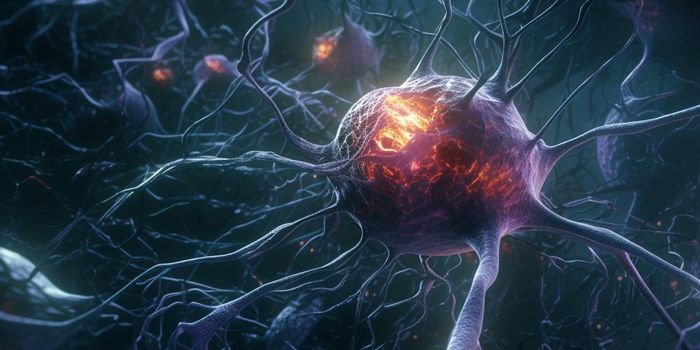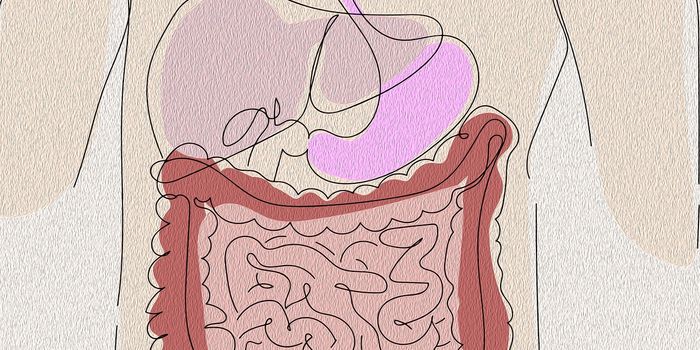Physical Activity Helps Patients Undergoing GI Cancer Chemotherapy
Research has shown that patients with advanced gastrointestinal cancer can use walking or jogging to help deal with the side effects they experience from chemotherapy. In people undergoing chemotherapy, exercise had a beneficial effect on balance, muscles and tumor-related fatigue syndrome. Not only did patients show a better tolerance for the chemo, they had less disease relapses later. This work replicates other studies showing the same effects, (the benefits of exercise to people with many types of cancer is outlined in the video below from Mayo Clinic) but this work has differentiated between several kinds of tumors and different stages of illness.
The study was a collaboration between the Department of Sports Medicine led by Professor Winfried Banzer and of Medical Clinic I along with the Gastrointestinal Centre of Agaplesion Markus Hospital in Frankfurt, both led by Professor Axel Dignaß. They have shown that in patients with an advanced gastrointestinal tumor, exercise therapy can be a benefit. In agreement with American College of Sports Medicine recommendations, the participants either exercised three times a week for 50 minutes or five times a week for 30 minutes at a pace that they deemed "slightly strenuous". If this became too difficult to manage, the patents were able to then reduce their exercise sessions along with the guidelines of a standardized model.
"For some patients, it was difficult to carry out the walking or jogging program in accordance with the recommendations," explained Katrin Stücher, completing this work as her doctorate in the Department of Sports Medicine of Goethe University Frankfurt. "A frequent obstacle was the weather: either it was too cold, too hot or too wet. But the side effects of the chemotherapy, such as loss of sensation, weakness, exhaustion, infections or severe diarrhea, also often meant that they had to reduce or even discontinue the program."
Wile study participants periodically feel the need to take breaks, the complementary exercise therapy was worth the effort. There was not only an improvement in muscle mass but also an improvement in function like walking speed, leg strength and balance. There was an indication from this work that the toxic effects of chemotherapy can be mitigated through moderate physical activity. Patients undergoing chemotherapy for gastrointestinal cancer often have to reduce or totally halt chemotherapy because of toxicity, so this work could prove valuable to those patients.
"I go walking every morning. It's good for both my mind and my body and I'm sure it's contributing to my recovery. I think that if you hadn't encouraged me to continue exercising I would probably not have dared to push myself so far physically," one participant reported to Stücher.
"We believe that it will make sense in future to offer patients opportunities for physical exercise during chemotherapy. To eliminate adversities through the weather, exercise rooms could be set up in hospitals. In addition, we should motivate patients to continue with the program after they have taken a break because of side effects," concluded Professor Winfried Banzer, the Head of the Department of Sports Medicine at Goethe University Frankfurt.
For more information about the study, check out ClinicalTrials.gov.
The video above from Memorial Sloan Kettering is about the benefits of physical activity for cancer survivors.
Sources: AAAS/Eurekalert! via Goethe University Frankfurt








